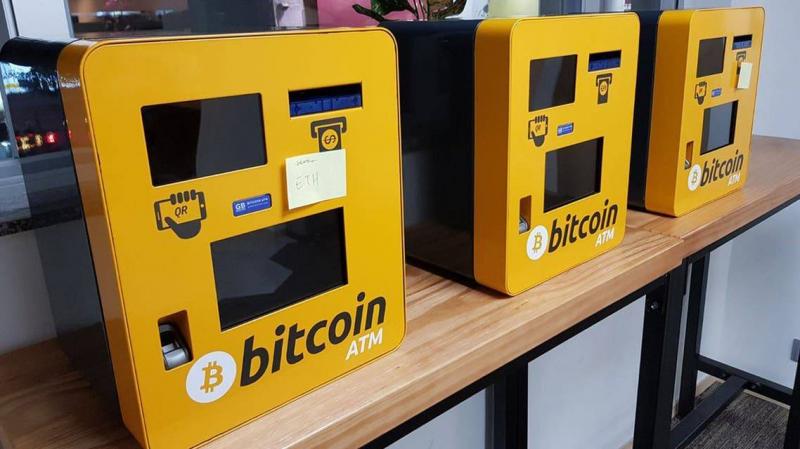A new study has shown that the adoption of Bitcoin in Afghanistan rose over the past year amid the economic turmoil resulting from the Taliban's takeover of the country. Afghanistan ranks 20th out of 154 countries assessed in the Chainalysis 2021 Global Crypto Adoption Index, up from not being listed in 2020 due to negligible crypto adoption figures that year. Vietnam topped this year’s index, which aims to evaluate cryptocurrency adoption among ordinary people. Afghanistan achieved the highest ranking of any country in Central Asia.
The index found that global cryptocurrency adoption surged by more than 880% over the past 12 months, largely driven by emerging economies, according to the Arab Technical News Portal. A blog post detailing the study stated, "Our data shows that residents in more and more countries around the world are diving into cryptocurrencies or are witnessing an increase in current adoption."
Many emerging markets are facing significant currency devaluation, prompting residents to purchase cryptocurrencies via peer-to-peer (P2P) platforms to preserve their savings. Others in these regions use cryptocurrency for international transactions, either for individual remittances or for commercial use cases, such as buying goods for import and sale.
Data from Google Trends indicates that searches for terms like "Bitcoin" and "cryptocurrencies" surged sharply over the past year. The overthrow of the Afghan government has left many individuals in financial trouble due to a combination of bank closures, liquidity shortages, and the suspension of international money transfers from major providers like Western Union and MoneyGram.
The United States has frozen nearly $9 billion of the central bank's reserves, while the devaluation of the Afghan currency has led to rising prices of essential goods and services in the country. Economists have warned of the risks of hyperinflation for Afghans, in addition to an overall economic contraction of about 20% this year.
The decentralized nature of cryptocurrencies like Bitcoin makes it an attractive option for Afghan citizens wishing to store their savings or transfer money abroad. The fixed supply of Bitcoin, capped at 21 million, inherently makes it anti-inflationary, with some advocates for the cryptocurrency in the country even calling for a Bitcoin standard to ensure Afghanistan's sovereignty.




